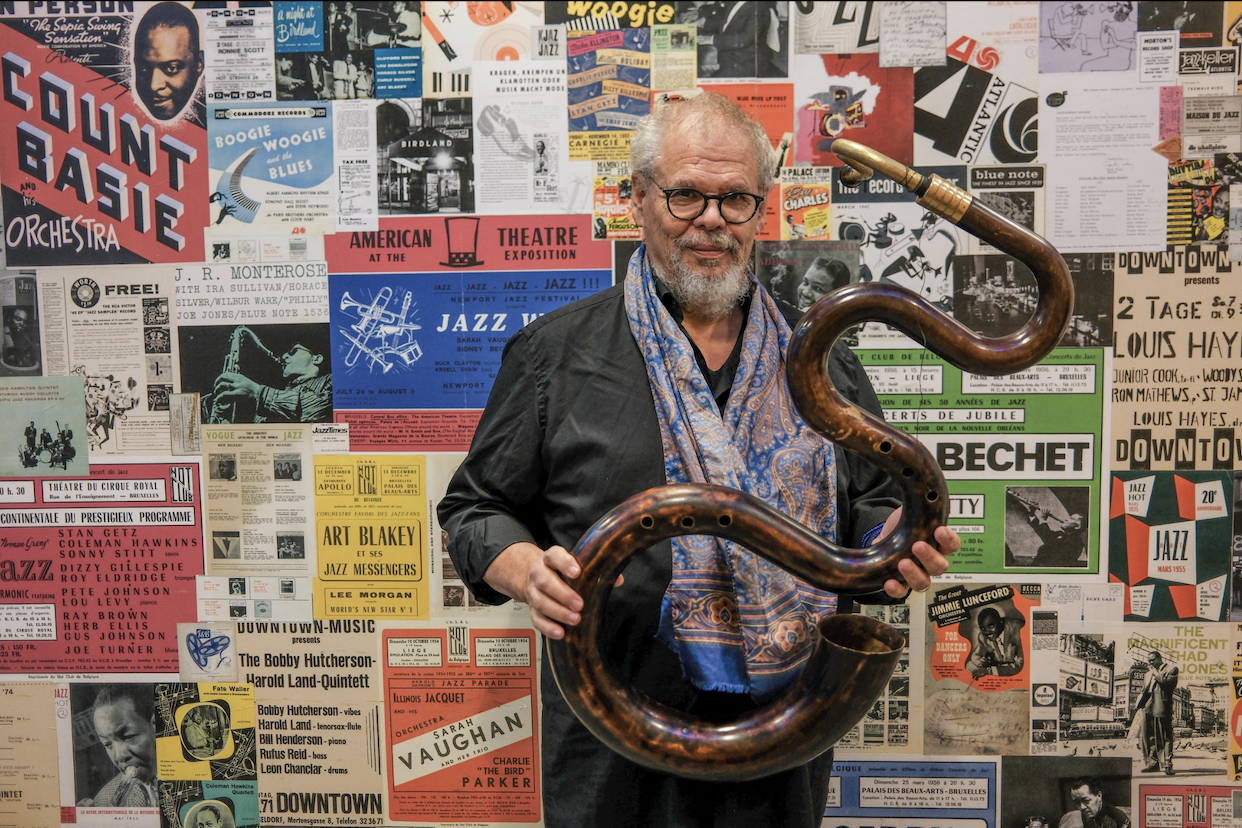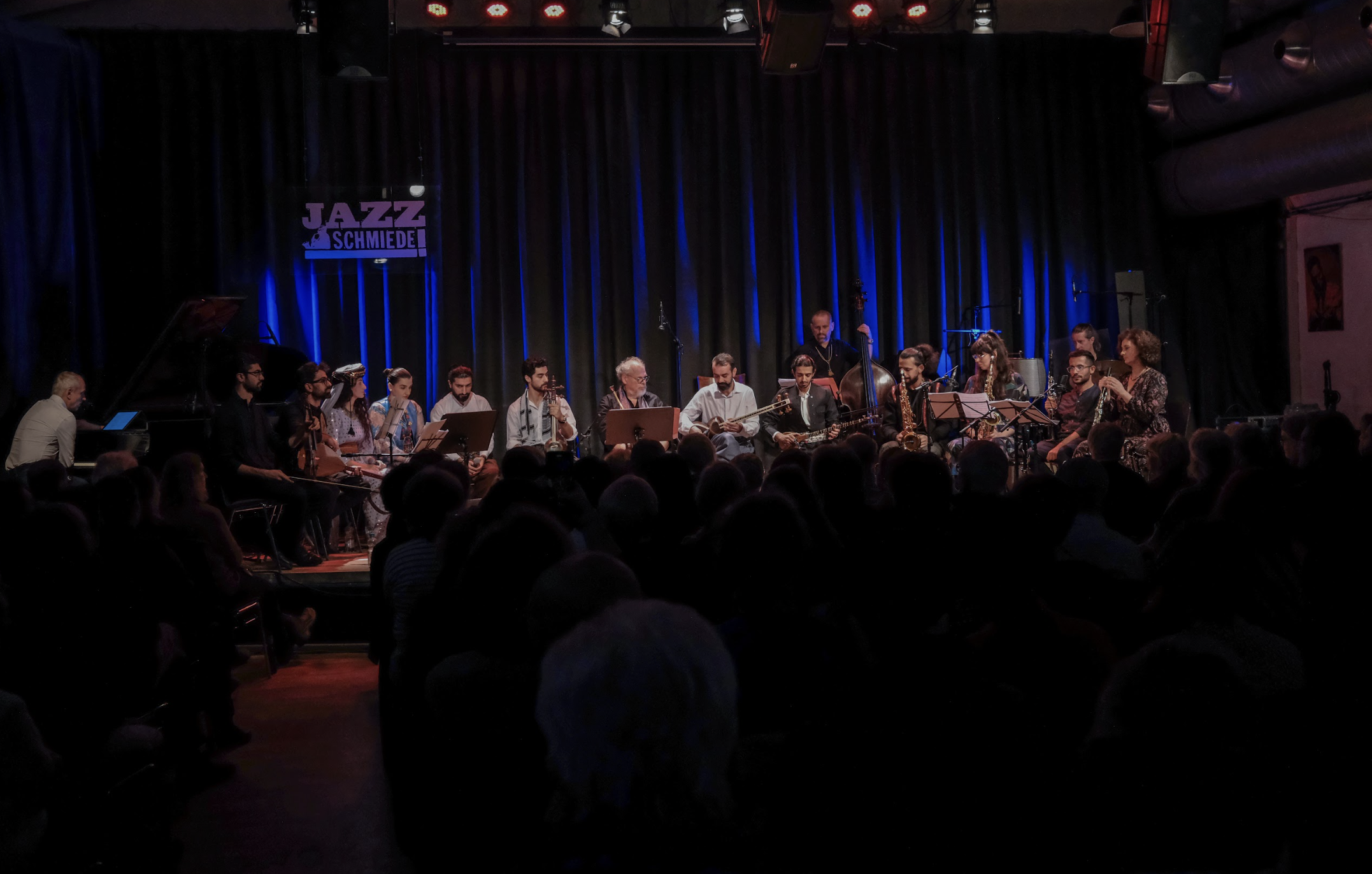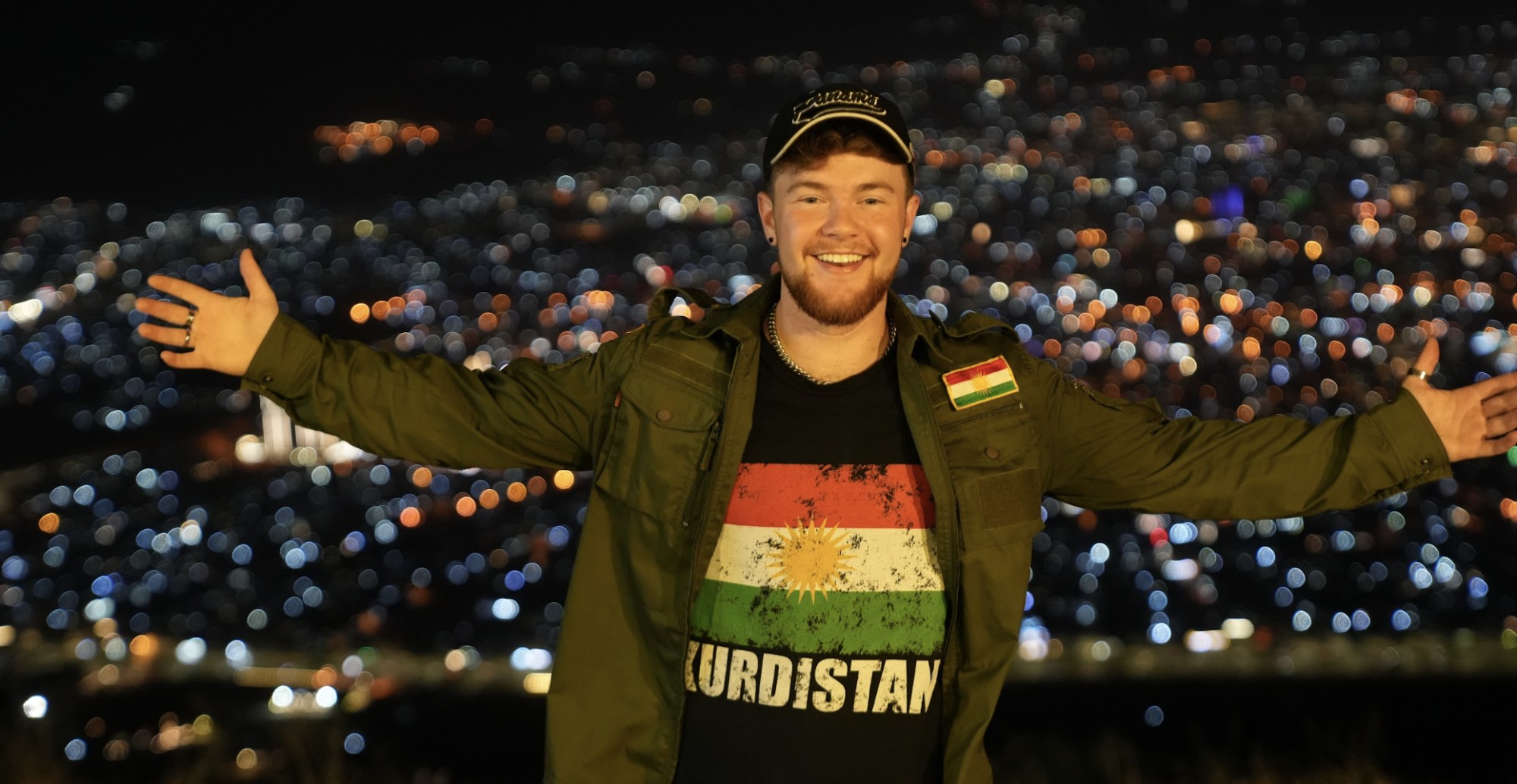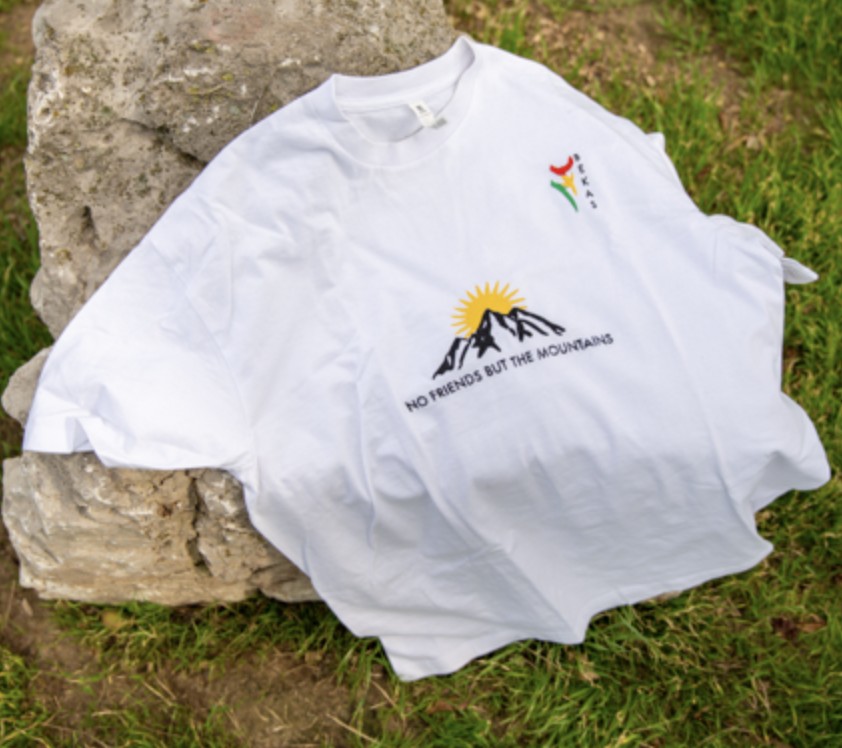As the lights dimmed in the Cologne, Germany, concert hall, a hush fell over the crowd. The audience sat in anticipation, filling every seat. Moments later, the first notes filled the air – a mix of Kurdish melodies and Western rhythms that sparked a feeling of both nostalgia and discovery. The audience soon responded with enthusiasm, some Kurdish attendees even moving to dance, reviving a piece of home in the heart of Germany. This was no ordinary concert series. Named “Road to Erbil,” the event gathered ten Kurdish musicians and European artists for three performances in Cologne, Dusseldorf, and Wuppertal, showcasing a unique blend of Eastern and Western music traditions.
Organized by the Goethe Institute in Iraq, the concerts were not just about music. For Mutaz Abdulrahman, the Goethe Institute of Iraq’s Library and Information Department head and the event coordinator, they represented a vision of cultural exchange that had been growing over four years of the Goethe Institute’s work in the Kurdistan Region of Iraq. “Our goal was to foster collaboration between European and Kurdish musicians,” said Abdulrahman. “By connecting these talents, we’re helping to build a foundation for future cooperation. How they continue is up to them, but we’re committed to supporting these kinds of partnerships.”
A bouquet of flowers
For the Kurdish musicians, the concerts offered an opportunity to introduce their heritage to new audiences. Reman Salar, a 23-year-old violinist from Erbil, the capital of the Kurdistan Region, spoke about how much the experience meant to him. “It was my first time in Germany and performing in this setting,” he shared, expressing his gratitude to the Goethe Institute. “I’m so thankful for this chance. It was a wonderful blend of Western and Kurdish music. We need more opportunities like this to show Kurdish music to the world.”
Growing up in a family steeped in music – his father, a respected violinist, was his first influence – Salar felt he was representing generations of Kurdish musical heritage. “The violin was the first instrument I heard,” he recalled, “my father often played at home.” Now a student at the College of Fine Arts in Erbil, Salar hopes that more Kurdish musicians will document their knowledge to make Kurdish music a subject of study worldwide.
Dana Muhiaddin, who is from Sulaymaniyah and plays the tar, a long-necked instrument from the flute family, believes the concerts were not only a chance to perform, but also to share a piece of Kurdish culture that goes beyond words.

“When Kurdish music blends with music from other cultures, we create a bridge that allows others to understand our heritage more deeply,” the Kurdish musician said. “We’re sharing our spirit, our spirituality, with those who value our culture and art.” Muhiaddin sees poetry and music as inseparable elements, both channels through which Kurds can convey a message to the world. “It’s like sharing a bouquet of flowers – a colorful piece of who we are.”
For Michel Godard, a French avant-garde jazz musician playing the serpent – a historical brass instrument – it was a return to a culture he had previously encountered in the Kurdistan Region. “Two years ago, in Sulaymaniyah, we had a fantastic experience working with Kurdish musicians,” he recalled. “Even though we may not always speak the same language, music connects us. Dana and I, for instance, communicate without words; we play and understand each other’s souls.”
Godard described Kurdish music as distinct and specific, separate from the Arabic music tradition. For him, learning Kurdish music was a journey into microtonal sounds and rhythms he seldom encountered elsewhere. “There’s a richness in Kurdish music,” he noted, “with its quarter tones and maqams, that allows for an emotional depth you can’t reach in Western music.”

Lasting European-Kurdish exchange
The concert series’ roots lay in the efforts of Annette Maye, a renowned German clarinetist and the Artistic Director of the Multiphonics Festival. Her two visits to Kurdistan in 2022 and 2023 sparked the idea of “Road to Erbil,” a way to bring Kurdish music and culture to German stages. “I came back from Kurdistan inspired,” she explained. “It was clear I wanted to create something lasting. Seeing the exchange between European and Kurdish musicians sparked ideas in my playing and their approach, too. I knew we had to continue.”
Maye noted that the live encounters offered a connection that could not be replicated online. “We came not as teachers, but as friends,” she said. “Bringing our music to Kurdistan changed us, and we wanted to bring that experience here to Germany.”
Throughout the concerts, audiences were drawn into a world of mixed rhythms, quarter tones, and melismatic phrasing – a way of singing that makes even a five-note melody sound like it holds countless notes. “Kurdish music,” Maye reflected, “has a unique way of touching the audience. The rhythms and accents aren’t what we’re used to in European music; they bring so much energy. It’s like every note is alive.” For her, these elements of Kurdish music have enriched her as a musician and composer. “After almost 30 years of listening to Middle Eastern music, it’s part of me now.”
By the time the last concert ended, the “Road to Erbil” series had become more than a showcase of music. It was a reminder that culture and creativity can connect people, carrying shared emotions across borders and backgrounds. As Salar, the young violinist, said “Music is not just sound, it’s a language, a history, and a way of keeping our culture alive.” And through every note played and every dance that broke out, these concerts offered a reminder that, even thousands of miles away, music could bring people closer to the heart of Kurdistan.
Qassim Khidhir has 15 years of experience in journalism and media development in Iraq. He has contributed to both local and international media outlets.

